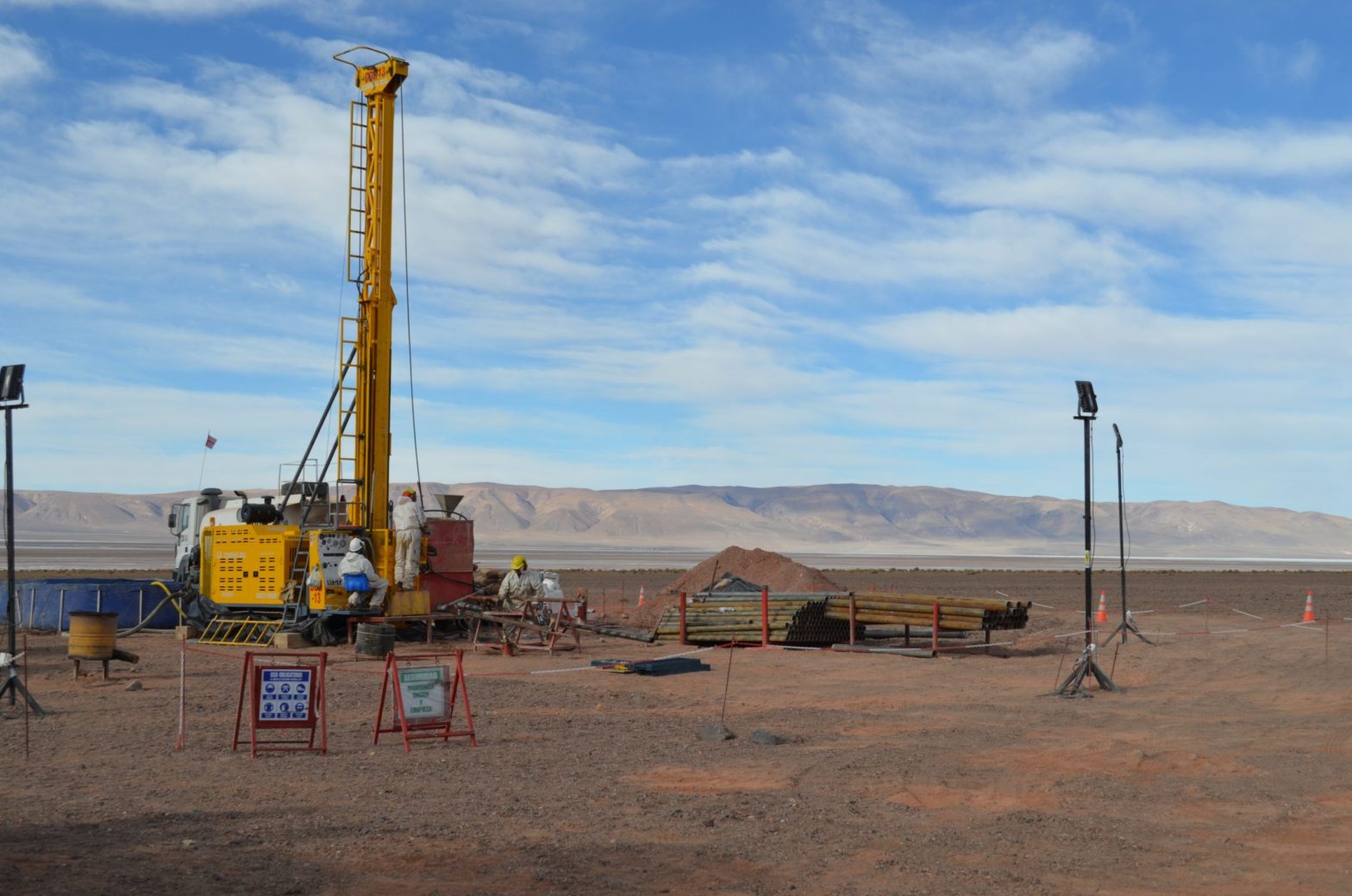Canadians can expect to see progressively slower price declines as the year goes on
A ‘for sale’ sign is displayed outside a home in Toronto. Photo by Carlos Osorio/Reuters files Canadian home prices posted their first year-over-year price decline since the the global financial crisis in 2022, and while the slump may continue to start 2023, real estate firm Royal LePage thinks the worst is behind the market.
Advertisement 2 This advertisement has not loaded yet, but your article continues below.
In the company’s fourth quarter House Price Survey released Jan. 13, the real estate firm said it expects first quarter of 2023 will show the steepest decline in prices at a year-over-year comparison, but that Canadians can expect to see progressively slower price declines as the year goes on.
Financial Post Top Stories Sign up to receive the daily top stories from the Financial Post, a division of Postmedia Network Inc.
By clicking on the sign up button you consent to receive the above newsletter from Postmedia Network Inc. You may unsubscribe any time by clicking on the unsubscribe link at the bottom of our emails or any newsletter. Postmedia Network Inc. | 365 Bloor Street East, Toronto, Ontario, M4W 3L4 | 416-383-2300
“The declines already happened. We’ve reached a point where things have flattened out,” Royal LePage chief executive Phil Soper said in an interview. “Home prices will be down from where they were at the beginning of last year but they’re not declining further.”
The big declines happened from April 2022 through the end of last year, Soper said. While prices in some markets, like in Western Canada, are expected to start rising again this year, home prices in the Greater Toronto Area and the lower mainland of British Columbia will “essentially flatten this year,” he added.
Advertisement 3 This advertisement has not loaded yet, but your article continues below.
Soper said the current market may be tempting for some buyers because competition is quite low and there isn’t a lot of people looking to buy. The downside, though, is there’s not a lot of homes available for sale either.
With the rise of interest rates expected to slow this year, Soper said he believes consumer confidence will increase and people will start to re-enter the market — which will result in prices climbing again. “Perhaps even uncomfortably quickly,” he said.
Recommended from Editorial Banking watchdog seeks input on beefing up homebuyer stress tests as default risks rise Condo market poised to follow fall of detached home prices, says realtor The question after a tough 2022: How much further do real estate prices have to fall? This advertisement has not loaded yet, but your article continues below.
Article content The house price survey released by Royal LePage said the fourth quarter of 2022 marked the third consecutive quarterly decline, but the smallest decrease so far. The national aggregate price of a home in Canada decreased 2.3 per cent on a quarterly basis and decreased 2.8 per cent on a yearly basis to $757,100 in the fourth quarter, according to the report. It said this is the first year-over-year decline recorded since the end of 2008 during the global financial crisis.
The report said despite narratives that home prices were crashing in mid-2022, only less than 113,000 resale transactions took place in the months when the highest national benchmark prices were recorded. This represents a mere 0.68 per cent of all residential dwellings in the country, it said.
This advertisement has not loaded yet, but your article continues below.
Article content “About half of one per cent of Canadian homeowners who purchased homes during the final excess of the pandemic in the first quarter of 2022 whose homes are worth less now than what they paid for them,” Soper said.
Home prices have held up remarkably well during the post-pandemic period, he said, adding that the decline in the last quarter of last year was in line with previous forecasts.
“We want to get across that Canada’s housing stock is in good shape. Canadian homeowners are in good shape. And it’s highly unlikely that we’ll see a surge in defaults and foreclosures,” he said.
• Email: dpaglinawan@postmedia.com | Twitter: denisepglnwn
